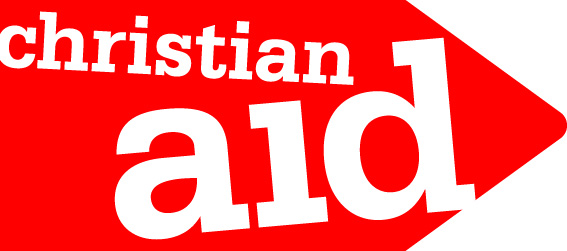Monday 30 March
By Adrian Shaw - Climate Change Officer
 Adrian Shaw - Climate change officer for the Church of Scotland
Adrian Shaw - Climate change officer for the Church of Scotland
The amount of carbon dioxide in the atmosphere increases slowly and steadily each year. The increase seems tiny, only two or three parts per million each year but the steady accumulation is now taking its toll. Our climate, the weather and the oceans are all changing because of it. We are changing the conditions for life on earth.
We did not mean this to happen. None of the great discoveries of science and technology that gave us the steam engine, electrical power, warm central heating and jet travel were done with the intent of changing the climate. We stumbled into this problem without knowing it, perhaps with the best of intentions, but now we are learning that progress that brings us such benefits has come at a price.
Our profligate use of the earth's fossil fuels (coal, oil and gas) is causing the problem. We know that the carbon economy that has made many of us affluent increases the risk of heatwaves, drought or flood, rising sea levels; and we know that the burden of all these changes falls most heavily on the poorest nations around the world.
This is not an easy truth to absorb and accept. It challenges our assumptions about wealth and progress. Messages about the impact of climate change from developing countries point a finger at us and challenge us to change. Do we have to reflect more deeply on 1Timothy 6:10 that suggests that the love of money is the root of all evil?
Every day media messages and adverts tell us that we can have it all and yet more 'because we are worth it'. Election campaigns abound with promises of economic growth but speak much less of the consequences for us or for others. Lent is a time when we can reflect on the consequences of our way of life; about our assumptions of wealth and prosperity and about the messages we will be told as the election approaches. And as we prepare for Easter.
 Christian Aid
Christian Aid
Daily Reflection
Concentration of CO2 has increased by 40% since preindustrial times. Car emissions and gas and electricity usage all contribute to this.
Give 40p for each car journey and 20p for each journey on public transport you make.